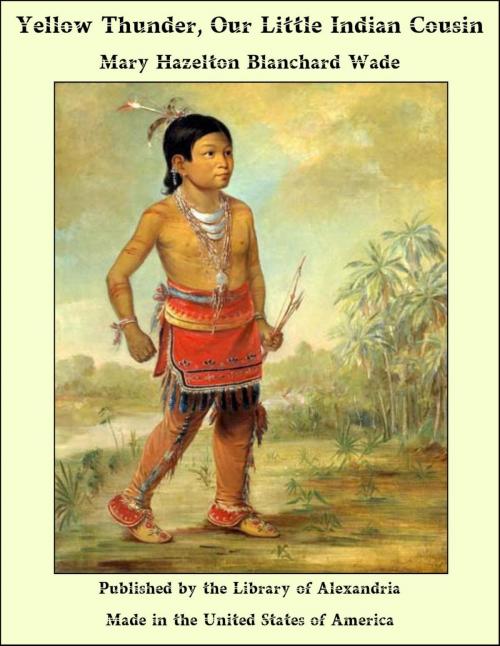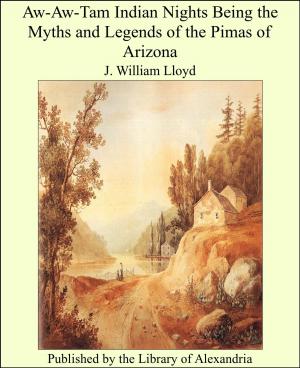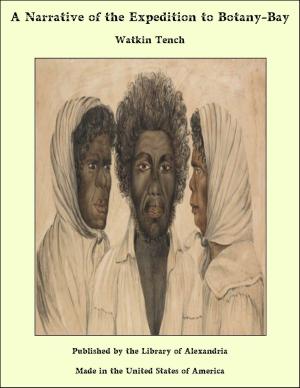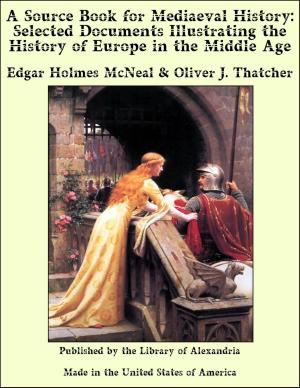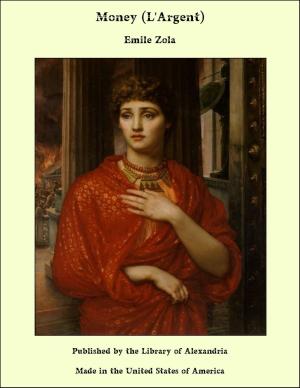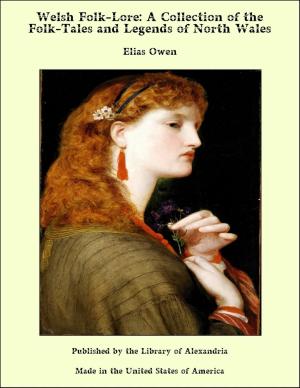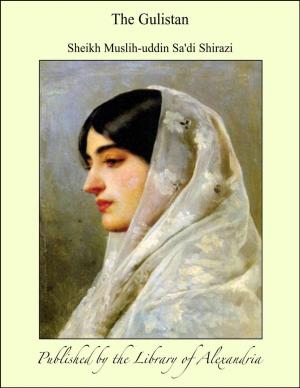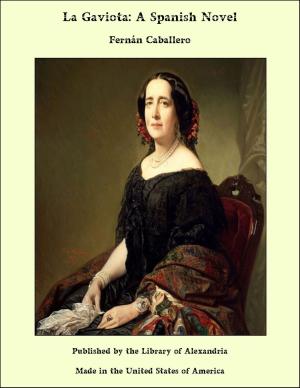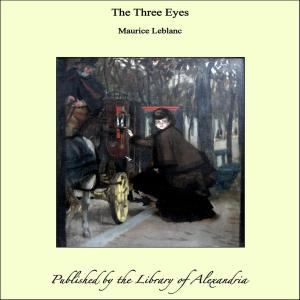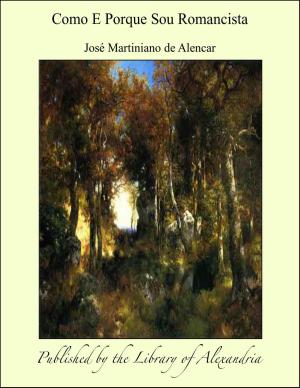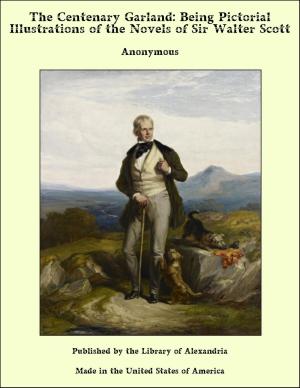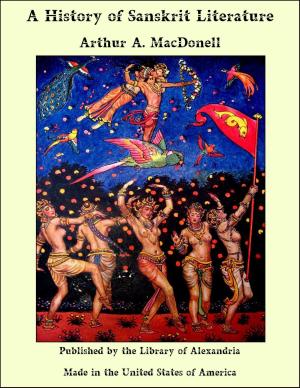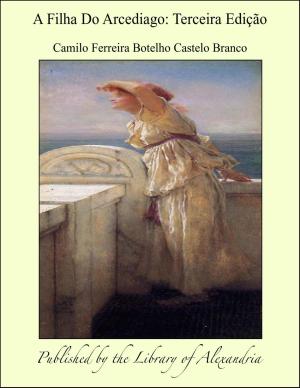Yellow Thunder, Our Little Indian Cousin
Nonfiction, Religion & Spirituality, New Age, History, Fiction & Literature| Author: | Mary Hazelton Blanchard Wade | ISBN: | 9781465582904 |
| Publisher: | Library of Alexandria | Publication: | March 8, 2015 |
| Imprint: | Language: | English |
| Author: | Mary Hazelton Blanchard Wade |
| ISBN: | 9781465582904 |
| Publisher: | Library of Alexandria |
| Publication: | March 8, 2015 |
| Imprint: | |
| Language: | English |
Once upon a time, as you doubtless know, there were no white people in the Western world. In those days our Indian cousins were free to wander wherever they wished, from the Atlantic to the Pacific. Some of them had their homes on the great plains, where herds of wild buffaloes supplied them with food and clothing. Others dwelt by the shores of lakes and rivers. Whenever they wished a change, they moved their camps from one spot to another. They had little to fear except the attacks of unfriendly tribes of their own race. When the white men, with their greater skill and knowledge, came to America, many troubles began for our red cousins. These troubles were such as they had never known before. They were driven away from the homes that were so dear to them. Great numbers were killed. Strong drink, given to them by the white strangers, was the ruin of thousands. Still others died from sickness and want. The people whom we have called Indians ever since Columbus gave them that name now think with sadness of the old free and happy days before the white traders gave them beads and blankets in exchange for large tracts of land. There were then no roads, no cities, no stores or factories in all this vast continent, and yet our red cousins were freer and happier than they can ever hope to be again.
Once upon a time, as you doubtless know, there were no white people in the Western world. In those days our Indian cousins were free to wander wherever they wished, from the Atlantic to the Pacific. Some of them had their homes on the great plains, where herds of wild buffaloes supplied them with food and clothing. Others dwelt by the shores of lakes and rivers. Whenever they wished a change, they moved their camps from one spot to another. They had little to fear except the attacks of unfriendly tribes of their own race. When the white men, with their greater skill and knowledge, came to America, many troubles began for our red cousins. These troubles were such as they had never known before. They were driven away from the homes that were so dear to them. Great numbers were killed. Strong drink, given to them by the white strangers, was the ruin of thousands. Still others died from sickness and want. The people whom we have called Indians ever since Columbus gave them that name now think with sadness of the old free and happy days before the white traders gave them beads and blankets in exchange for large tracts of land. There were then no roads, no cities, no stores or factories in all this vast continent, and yet our red cousins were freer and happier than they can ever hope to be again.
